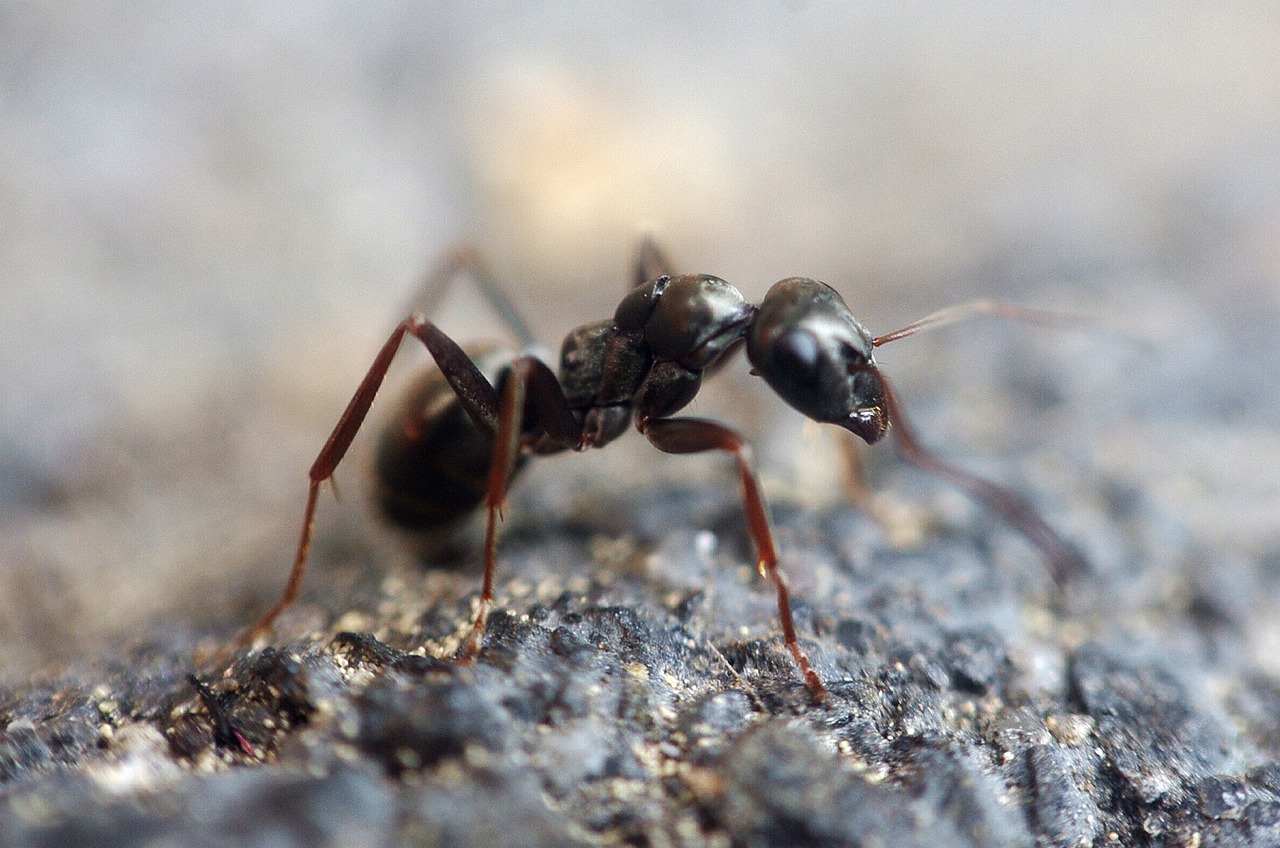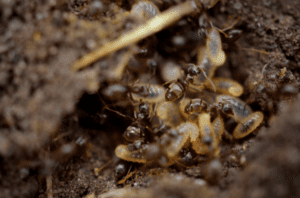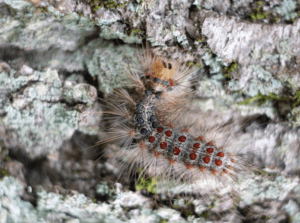
Ants, while common in many environments, are kept in check by a variety of natural predators that play a crucial role in controlling their populations. If you've ever wondered what eats ants, the answer includes beetles, spiders, birds, and other insects. These predators help balance ecosystems and prevent ant infestations. In this article, we’ll delve into the different types of ant predators and their methods of controlling ant populations. Understanding these natural controls can complement Twin-Boro’s pest control strategies for more effective management of ant issues in both residential and commercial settings.
Animals That Eat Ants
Many animals eat ants, spanning a variety of species across mammals, birds, and reptiles. Anteaters are the most well-known mammals that feed almost exclusively on ants, using their long tongues to extract them from nests. Other mammals like aardvarks and pangolins also have specialized adaptations for eating ants. Some primates, like chimpanzees, use tools to extract ants from their colonies. Among birds, woodpeckers and flickers often eat ants, using their strong beaks to break into nests. Ground-dwelling birds like sparrows, starlings, and robins will also eat ants, especially during the breeding season. Reptiles like horned lizards primarily feed on ants, using their sticky tongues to catch them. Even amphibians like frogs and toads will eat ants when available. These animals are spread across different habitats, showing that ants, especially species like black carpenter ants and black ants, are a common food source in many ecosystems. So, if you're wondering what animals eat ants, the answer is diverse, including specialized feeders like anteaters, opportunistic feeders like birds, and even reptiles, all playing a role in controlling ant populations.
Bugs That Prey on Ants
Various bugs and insects also hunt ants, showcasing the diversity of their natural predators. Beetles, particularly species like the ant-loving beetle and the tiger beetle, are among the most common insects that eat ants. Spiders are also significant predators, specifically species like jumping spiders and trapdoor spiders. Ant-mimicking spiders disguise themselves to infiltrate colonies and prey on the colony members. Assassin bugs and certain wasps like parasitoid wasps are well-known ant predators as well. Even some ant species prey on other ants.
Bugs That Eat Ants: Understanding Their Role in Ant Control
Bugs and insects that eat ants play a vital role in controlling ant populations, ensuring ecological balance. For those wondering what eats ants, predators like tiger beetles hunt them using speed and strong mandibles to keep their numbers in check. Ant-loving beetles infiltrate colonies, feeding on larvae, which helps prevent ant overpopulation from within. Spiders, such as jumping spiders and trapdoor spiders, prey on ants using ambush tactics or by capturing them in webs, further curbing their numbers. Assassin bugs are specialized predators that inject venom into ants, immobilizing them before consumption, thus helping to regulate ant populations. Parasitoid wasps target ants by laying eggs on or near them; their larvae then feed on the ants, effectively reducing their numbers as they mature. Within ant species, ants that prey on other ants contribute to internal population control. By controlling ant numbers, these natural predators help sustain biodiversity and the health of various habitats, making them essential players in the intricate web of life.
Understanding Predatory Relationships
The complex relationships between ants and their predators are vital to maintaining ecological balance. Ants, as both predators and prey, play significant roles in ecosystems, and their populations are regulated by a diverse array of natural predators. Beetles, spiders, and other insects that eat ants are essential in keeping ant numbers in check, preventing ants from becoming overly dominant. These predators have evolved specialized hunting techniques- such as the speed and strength of tiger beetles, the ambush tactics of trapdoor spiders, and the venomous strikes of assassin bugs- that allow them to effectively manage ant populations. Pressure from predators forces ants to develop defense strategies, such as chemical warfare and complex colony structures, which further shapes their role in the environment as well as their relationships with predators. The dynamic interactions between ants and their predators contribute to the overall health of ecosystems by ensuring that no single species, whether it be ants or their predators, can monopolize resources. This balance supports biodiversity, allowing various species to coexist and thrive.
Ants face numerous natural predators, all of which help control ant populations in various ecosystems. These predators play a crucial role in maintaining ecological balance, preventing ants from becoming a nuisance. However, in residential or commercial settings, ant infestations can quickly spiral out of control if not addressed promptly. While natural predators contribute to keeping ant numbers in check, they are not always sufficient for managing infestations in homes or businesses.Knowing what eats ants in the wild doesn't always help when dealing with an infestation in your property. For effective and long-lasting solutions, Twin-Boro’s professional residential pest control and commercial pest control services are essential. Our team is equipped to handle any ant problem, ensuring a safe and ant-free environment. If you're dealing with an ant infestation, don't hesitate to contact us for expert pest control services tailored to your specific needs.
FAQs About Predators of Ants
Yes, spiders do eat ants. Species like jumping spiders and trapdoor spiders are known to prey on ants, using their agility, ambush tactics, or webs to capture and consume them, playing a role in controlling ant populations.
Yes, chickens eat ants. They forage for ants along with other insects, pecking them off the ground. Ants provide chickens with protein and are a natural part of their varied diet, especially when free-ranging.
Yes, dogs can eat ants. While not a typical part of their diet, ants are generally harmless to dogs if ingested in small amounts. However, some ants may bite or cause mild irritation, so it's best to avoid large quantities.
Yes, many birds eat ants. Species like woodpeckers, sparrows, and robins actively consume ants as part of their diet. Some birds even use ants for "anting," a behavior where they rub ants on their feathers to clean or protect them.






